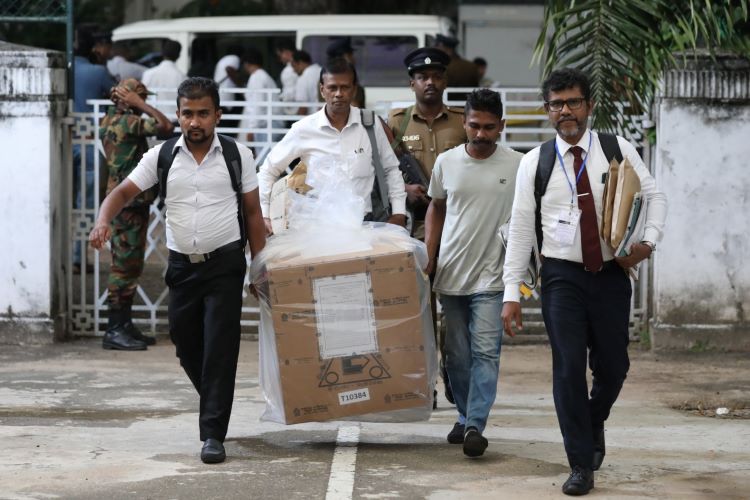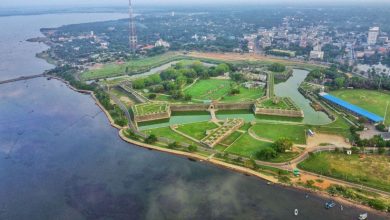Sri Lanka’s political landscape shifts as local government elections set for May 6

By Leo Nirosha Darshan
COLOMBO: After more than a year of delays, Sri Lanka’s long-awaited Local Government elections will finally take place on May 6, according to an announcement by the Election Commission.
The decision comes after the acceptance of nominations from various political parties and independent groups, marking a significant political development in the country.
The elections, initially scheduled for January 2023, were postponed under the leadership of then-President Ranil Wickremesinghe, who cited a lack of funds as the primary reason. The postponement followed Sri Lanka’s unprecedented economic crisis in 2022, which left the government struggling to manage public finances.
The decision sparked controversy and criticism from opposition parties and civil society groups, who accused the government of undermining democratic processes.
The election delay persisted until the recent political shift that saw Anura Kumara Dissanayake assume the presidency. His administration swiftly moved to resolve the electoral impasse by introducing and passing the Local Authorities Elections (Special Provisions) Bill on February 17 with an overwhelming parliamentary majority.
The bill allowed the Election Commission to withdraw the previously scheduled election and set a new date, ultimately leading to the May 6 announcement.
The upcoming local elections are expected to serve as a litmus test for the new government and its policies. With a renewed focus on economic recovery, governance, and political stability, the elections will be a crucial indicator of public sentiment.
The results could reshape political alliances and influence the trajectory of national politics, particularly as parties position themselves for future parliamentary and presidential elections.
As Sri Lanka continues to navigate its economic and political recovery, the successful conduct of the local elections will be a significant step in reaffirming democratic governance and restoring public confidence in the electoral process.


